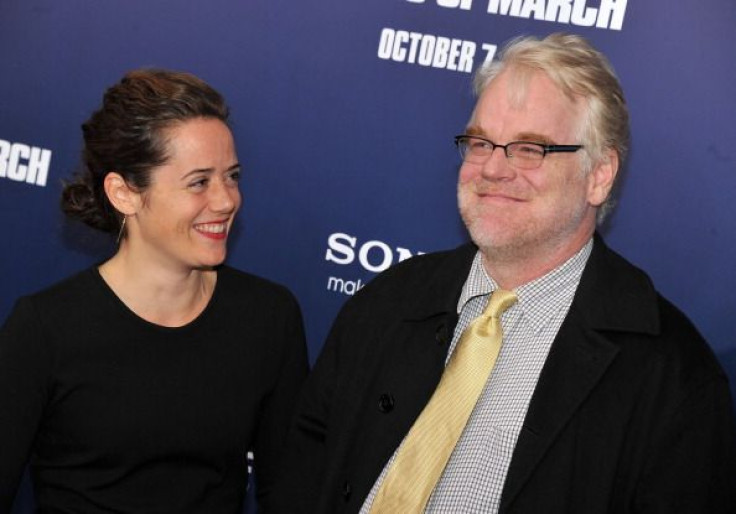Philip Seymour Hoffman’s Partner Mimi O’Donnell Talks About Late Actor’s Drug Addiction

Philip Seymour Hoffman’s partner, Mimi O’Donnell, recently opened up about the actor’s drug addiction three years after his passing.
In the special feature she wrote for Vogue’s January issue, O’Donnell revealed that Hoffman had been sober for an entire decade. However, after so many negative things happening in his life at the same time, he started drinking and taking drugs again. Hoffman died of heroin overdose on Feb. 2, 2014. He was 46.
“He started having a drink or two without it seeming a big deal, but the moment drugs came into play, I confronted Phil, who admitted that he’d gotten ahold of some prescription opioids. He told me that it was just this one time and that it wouldn’t happen again. It scared him enough that, for a while, he kept his word,” O’Donnell wrote.
But after Hoffman completed his work in “Death of a Salesman,” his drug use escalated quickly. It wasn’t long after that that Hoffman started injecting himself with heroin again.
“As soon as Phil started using heroin again, I sensed it, terrified. I told him, ‘You’re going to die. That’s what happens with heroin.’ Every day was filled with worry. Every night, when he went out, I wondered: ‘Will I see him again?’” she said.
Months later, Hoffman started filming for “The Hunger Games” in Atlanta, Georgia. It was then that he started isolating himself from everyone, including his family. When he returned home, Hoffman started using heroin again, and O’Donnell reached out to people and asked them to keep an eye on him. Three days later, Hoffman was dead.
Almost four years after the actor’s passing, O’Donnell and her family still talk about him all the time. “We can talk about him in a way that feels as though there’s a remembrance of what happened to him, but that also honors him. We talk about his bad sides and his good sides, what he did that was funny and what he did that was crazy, and what he did that was loving and tender and sweet,” she wrote.
“We open up, and it brings us together and keeps his spirit alive,” she concluded.
© Copyright IBTimes 2024. All rights reserved.











